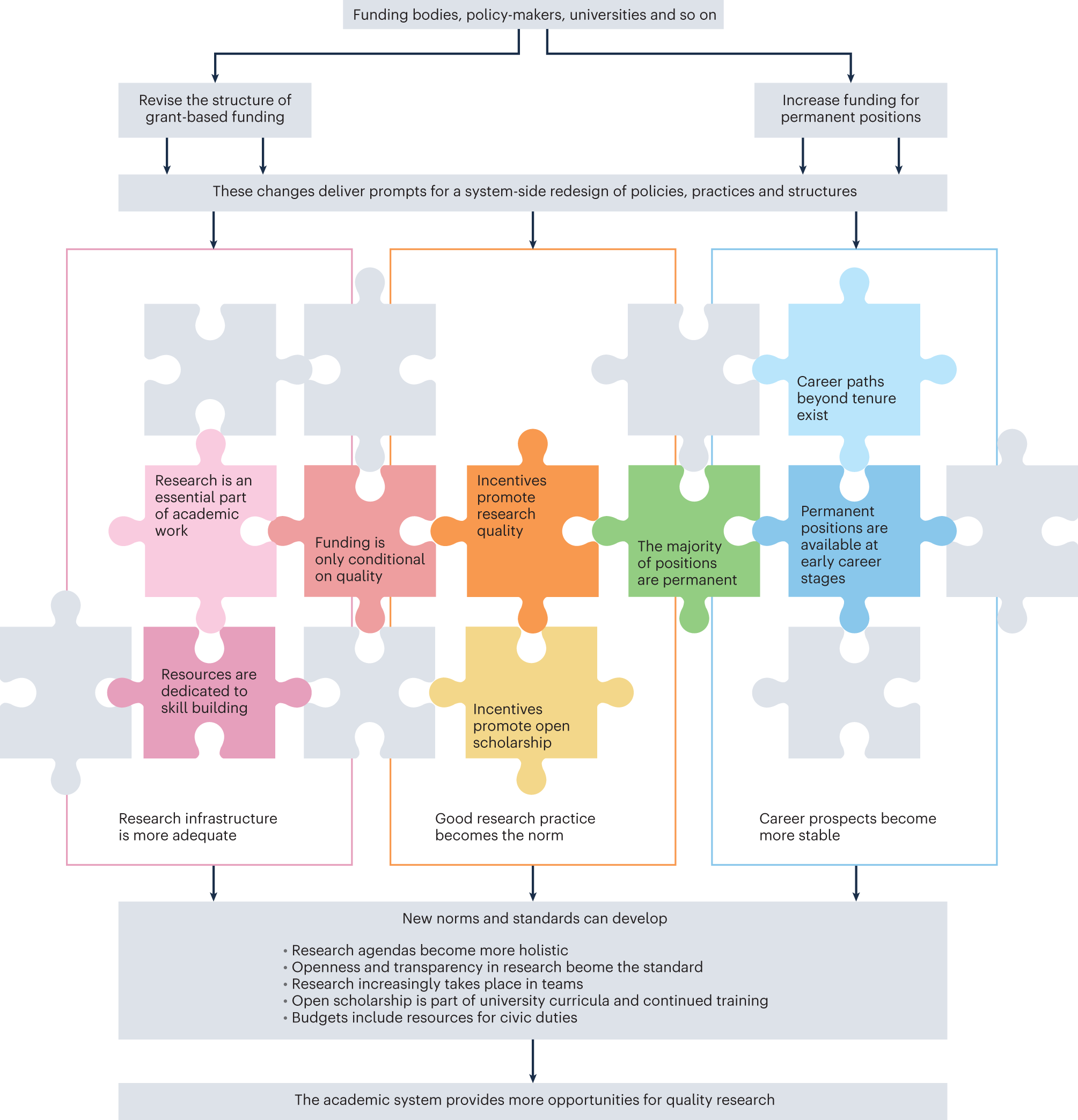The Docentra Advantage: Top-Tier Resources Tailored for Academic Excellence
The Docentra Advantage: Top-Tier Resources Tailored for Academic Excellence
Blog Article
Where to Discover Top Quality Academic Resources for Your Research Study
Recognizing premium scholastic resources is necessary for strenuous research study, yet browsing the substantial landscape of available products can be discouraging. Additionally, on the internet scholastic data sources like JSTOR and PubMed aggregate scholarly posts, while open accessibility journals provide more comprehensive accessibility to study findings. Understanding exactly how to utilize these sources effectively could considerably affect your study end results.
University Libraries

Beyond physical collections, college collections often use customized research support, consisting of appointments with librarians who have subject expertise (Docentra). This assistance can dramatically boost the effectiveness and performance of the research process, allowing users to navigate complex details landscapes with greater ease
In addition, many libraries offer access to uncommon and historical products, which can be important for sophisticated research study jobs. Such one-of-a-kind sources often include primary documents, manuscripts, and historical collections that are not readily available elsewhere.
Furthermore, university libraries regularly organize workshops and workshops focused on boosting info proficiency skills. These initiatives empower students and professors to seriously review resources, a critical ability in today's information-rich atmosphere. Generally, university libraries not just act as databases of understanding but also work as vibrant hubs that foster scholastic development and advancement.
Online Academic Databases
In the realm of scholastic research study, on the internet academic data sources play an essential role in providing pupils and scholars with prompt access to a wealth of academic posts, journals, and other critical sources. These digital databases work as centralized systems where individuals can efficiently look for peer-reviewed literature throughout different disciplines.
Famous databases such as JSTOR, PubMed, and Scopus host considerable collections that cover a wide variety of subjects, from the liberal arts to the sciences. Docentra. By using sophisticated search capabilities, researchers can improve their inquiries, filter outcomes by publication day, and access citation devices, thus boosting the research procedure's efficiency and accuracy
Furthermore, many databases supply attributes like signals for brand-new publications and the ability to save and arrange write-ups, further enhancing the research study experience. Subscriptions to these data sources are usually offered through scholastic institutions, granting trainees and professor unrestricted access to costs content.
Open Gain Access To Journals
Significantly, scientists are transforming to open up access journals as a complementary resource to conventional academic databases. These journals offer a useful system for sharing study searchings for without the economic obstacles usually related to subscription-based magazines. Open up accessibility versions enable cost-free on-line accessibility to academic posts, making sure that research study is easily accessible to a broader audience, including specialists, policymakers, and the public.
The quality of open accessibility journals has actually dramatically enhanced, with numerous adhering to rigorous peer-review procedures and being indexed in respectable databases. This shift has actually cultivated higher transparency and collaboration in the academia, as researchers can share their job extra conveniently and get feedback from varied point of views.
Furthermore, the proliferation of open accessibility journals lines up with the global activity towards open science, advertising the idea that openly funded have a peek at these guys research must be easily readily available to all. Scientists seeking high-grade scholastic resources must consider reputable open gain access to journals, such as those detailed in the Directory site of Open Accessibility Journals (DOAJ) or those released by acknowledged scholastic societies. By incorporating open gain access to journals into their study techniques, scholars can boost the exposure and influence of their work.
ResearchGate and Academia.edu
ResearchGate and Academia.edu have arised as critical systems for academic networking and understanding sharing, with millions of researchers leveraging these websites to disseminate their job and attach with peers. Both platforms permit users to produce accounts that display their publications, study passions, and academic success, facilitating higher presence within the scholarly neighborhood.
ResearchGate, started in 2008, concentrates on promoting partnership amongst scientists through functions such as study collaboration tools, job sharing, and question-and-answer online forums. Customers can upload their papers, engage in conversations, and adhere to the job of others, enhancing the collaborative capacity of their research study. The system additionally gives metrics on paper visibility and downloads, allowing researchers to evaluate the effect of their job.
Academia.edu, released in 2008 too, runs in a similar way yet stresses the sharing of scholastic documents. Users can follow specific research topics and receive updates on new publications within their areas of interest. Additionally, Academia.edu offers analytics on reader engagement, aiding scientists recognize their target market much better.
Both systems function as important resources for accessing premium academic content and fostering connections that can bring about impactful cooperations.
Google Scholar and Beyond
Academic networking systems like ResearchGate and Academia.edu play a substantial duty in distributing research study, but Google Scholar offers a various dimension by functioning as a comprehensive online search engine for scholarly literary works. It indexes a vast selection of sources, including peer-reviewed short articles, theses, books, conference process, and patents, making it an indispensable tool for scientists throughout disciplines.
Google Scholar provides countless functions that enhance research study effectiveness. The citation tracking feature enables users to look at these guys see just how typically a paper has been pointed out, offering understandings into its impact within the academia. In addition, the "associated write-ups" function helps scientists discover comparable studies, assisting in a more detailed exploration of a subject.

Conclusion
In verdict, accessing high-grade scholastic resources is necessary for extensive research. University collections supply considerable collections and experienced guidance, while online scholastic data sources such as JSTOR and PubMed streamline academic articles. Making use of these resources collectively can significantly enhance the quality and deepness of academic study.
Report this page